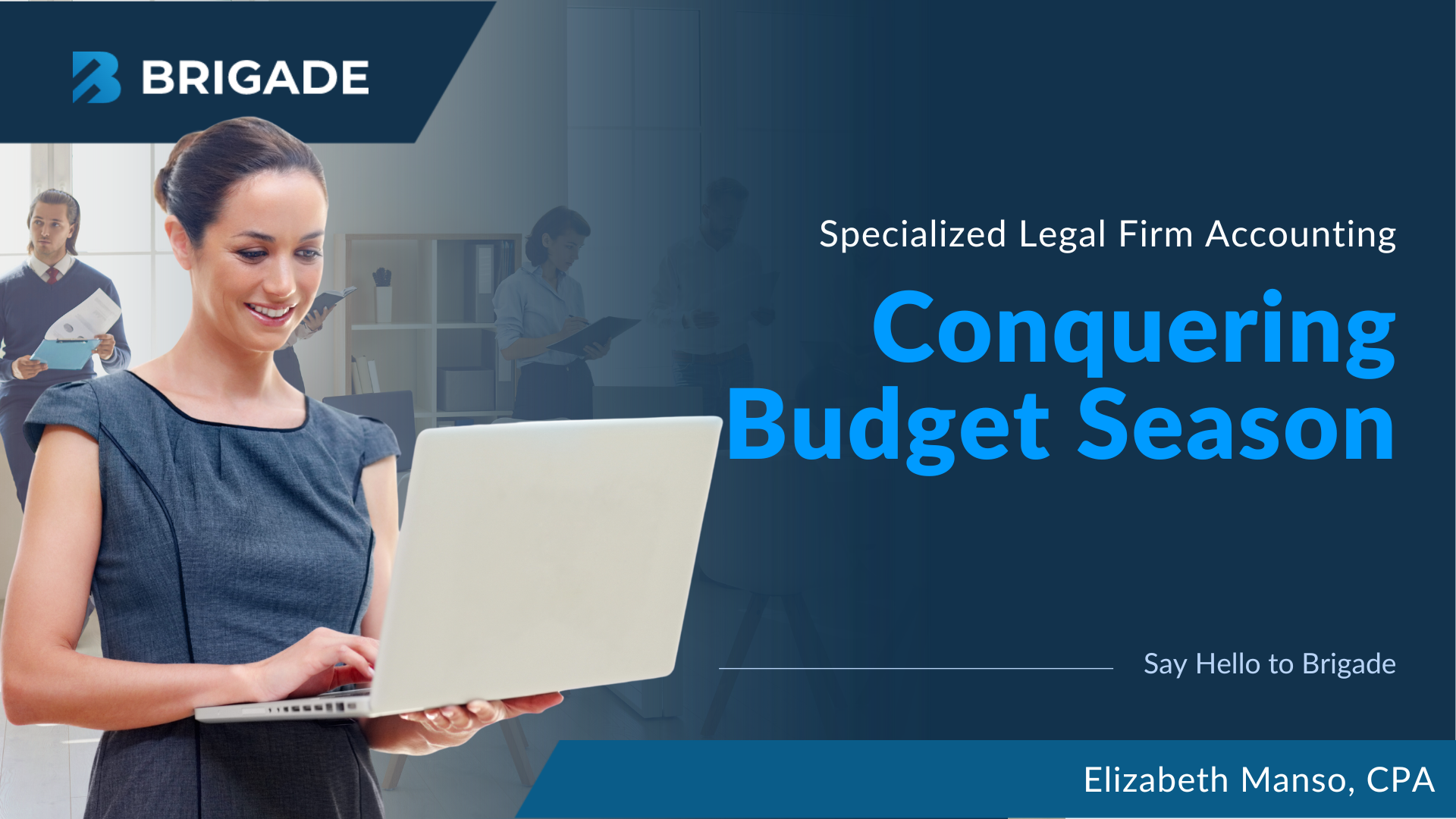
To the non-pro, accountants and bookkeepers are often thought of interchangeably. At Brigade, we have both on our team and value both roles. As pros, we can tell you, there are distinct differences between the two–and you, as a business owner, wouldn’t want it any other way!
To clear things up, let’s start with some of the best descriptions I’ve found that put both roles in context.
The Bookkeeper = The Organizer
The bookkeeper has a more active role in the day-to-day financial responsibilities of your business. They are relied on to track and organize the company finances and ensure all records are maintained accurately at all times. Actual duties vary from client to client and business to business, but the main services are:
- Recording financial transactions
- Posting debits and credits
- Producing invoices
- Managing payroll
- Maintaining and balancing ledgers, accounts, and subsidiaries
The core skills of bookkeeping are data entry and coding, ensuring that financial information is both accurate and easy to access. There are no licensing requirements to become a bookkeeper. Accordingly, they are excellent as the manager of your financial information, but they’re not technically qualified to give financial advice or perform strategic planning.
The Accountant = The Analyzer
These are the professionals that are there to help you meet your short and long-term financial goals and make business decisions like whether it’s time to buy more equipment, hire employees, or cut back on costs. Accountants are required to have a Bachelor’s degree in business or other related fields. They must then pass a comprehensive exam to receive their Certified Public Accountant (CPA) license. They are responsible for:
- Verifying and analyzing data
- Generating reports, performing audits, and preparing financial reporting records like tax returns, income statements, and balance sheets
- Providing information for forecasts, business trends, and opportunities for growth
- Helping the business owner understand the impact of financial decisions
- Adjusting entries
The tax aspect is critical. The U.S. Tax Code is more than 70,000 pages long, and CPAs like me keep up-to-date on new tax laws and emerging tax trends. We’re also required to undergo certification every two years. CPAs can file your taxes, perform audits, and oversee your company’s financial records.
The software they both use
What can contribute to the confusion are the software systems on the market today. Many offerings perform both bookkeeping and accounting functions. However, even if your company has a great bookkeeper or highly-functional accounting software, it also needs the services of an accountant. While you may have all of the important reports, records, and statements at hand, you’ll want an accounting professional to help you use that data wisely.
Bottom line
Bookkeeping is designed to generate data about the activities of an organization. Accounting is designed to turn data into information. The software can cover both, but each professional uses the tools differently.
You have numerous software choices, so here’s the part where I encourage you to ask me for my opinion! I’ve worked with a variety of small businesses in several industries. I’d love to offer my thoughts about which one is the best choice for your company.
**Additional sources**
Bookkeeping Software for Business: How to Choose What’s Right for You

